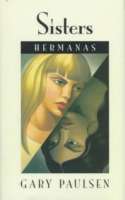
Compares the lives of two fourteen-year-olds–an illegal immigrant who sells herself on the streets and a suburban princess obsessed with becoming head cheerleader–both trapped in worlds where beauty and youth are pricey commodities.
Catalog sorted by age group

Compares the lives of two fourteen-year-olds–an illegal immigrant who sells herself on the streets and a suburban princess obsessed with becoming head cheerleader–both trapped in worlds where beauty and youth are pricey commodities.
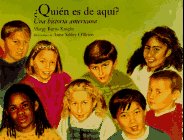
Describes the new life of Nary, a Cambodian refugee, in America, as well as his encounters with prejudice. Includes some general history of U.S. immigration.
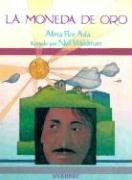
La moneda de oro es un cuento de Literatura infantil que narra aventuras sobre chicos de dicha edad, a través de los cuales los chicos se sentiran identificados y fomentarán su animación a la lectura.
Spot and his friends, Helen and Tom, enjoy a fun-filled day at the park, in a Spanish-language version of the popular picture book.
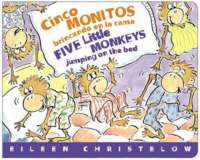
Even doctor’s orders won’t stop these silly monkeys from having their fun. But you’ll never guess what Mama does when the Five Little Monkeys finally do fall asleep! Here is the most popular Five Little Monkeys story, available for the first time in a bil
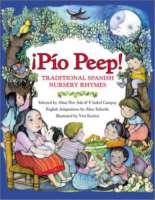
A collection of more than two dozen nursery rhymes in Spanish, from Spain and Latin America, with English translations.
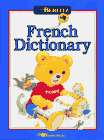
Teddy Berlitz bear returns to help young children learn the basics of the French language. This colorful French dictionary includes more than five hundred entries, as well as translations, spot illustrations, and word usage guidelines.
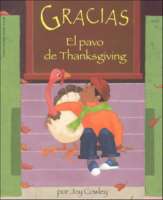
In this warm holiday story, a young Puerto Rican boy saves the life of his pet turkey with help from his close-knit New York City family and neighborhood. Beginning Spanish vocabulary is woven into the text. Four color.
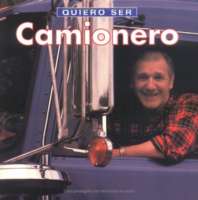
In this book male and female truck drivers from all cultures are featured, seen in active and appealing photographs. The lives of these important people are depicted with excitement and realism and easy-to-read captions are explanatory and informative without talking down to the young reader. Perfect for bedtime reading, quiet time, or group story times, the “I Want to Be…” books spark questions and conversation, and can prompt children to learn more about a particular occupation, while reinforcing the importance of aspiring to be their best.